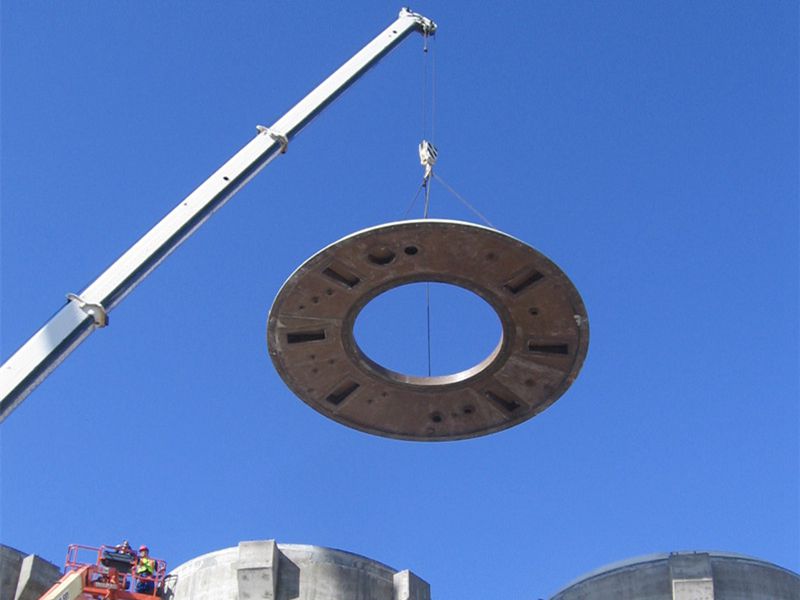
-
 Afrikaans
Afrikaans -
 Albanian
Albanian -
 Amharic
Amharic -
 Arabic
Arabic -
 Armenian
Armenian -
 Azerbaijani
Azerbaijani -
 Basque
Basque -
 Belarusian
Belarusian -
 Bengali
Bengali -
 Bosnian
Bosnian -
 Bulgarian
Bulgarian -
 Catalan
Catalan -
 Cebuano
Cebuano -
 China
China -
 China (Taiwan)
China (Taiwan) -
 Corsican
Corsican -
 Croatian
Croatian -
 Czech
Czech -
 Danish
Danish -
 Dutch
Dutch -
 English
English -
 Esperanto
Esperanto -
 Estonian
Estonian -
 Finnish
Finnish -
 French
French -
 Frisian
Frisian -
 Galician
Galician -
 Georgian
Georgian -
 German
German -
 Greek
Greek -
 Gujarati
Gujarati -
 Haitian Creole
Haitian Creole -
 hausa
hausa -
 hawaiian
hawaiian -
 Hebrew
Hebrew -
 Hindi
Hindi -
 Miao
Miao -
 Hungarian
Hungarian -
 Icelandic
Icelandic -
 igbo
igbo -
 Indonesian
Indonesian -
 irish
irish -
 Italian
Italian -
 Japanese
Japanese -
 Javanese
Javanese -
 Kannada
Kannada -
 kazakh
kazakh -
 Khmer
Khmer -
 Rwandese
Rwandese -
 Korean
Korean -
 Kurdish
Kurdish -
 Kyrgyz
Kyrgyz -
 Lao
Lao -
 Latin
Latin -
 Latvian
Latvian -
 Lithuanian
Lithuanian -
 Luxembourgish
Luxembourgish -
 Macedonian
Macedonian -
 Malgashi
Malgashi -
 Malay
Malay -
 Malayalam
Malayalam -
 Maltese
Maltese -
 Maori
Maori -
 Marathi
Marathi -
 Mongolian
Mongolian -
 Myanmar
Myanmar -
 Nepali
Nepali -
 Norwegian
Norwegian -
 Norwegian
Norwegian -
 Occitan
Occitan -
 Pashto
Pashto -
 Persian
Persian -
 Polish
Polish -
 Portuguese
Portuguese -
 Punjabi
Punjabi -
 Romanian
Romanian -
 Russian
Russian -
 Samoan
Samoan -
 Scottish Gaelic
Scottish Gaelic -
 Serbian
Serbian -
 Sesotho
Sesotho -
 Shona
Shona -
 Sindhi
Sindhi -
 Sinhala
Sinhala -
 Slovak
Slovak -
 Slovenian
Slovenian -
 Somali
Somali -
 Spanish
Spanish -
 Sundanese
Sundanese -
 Swahili
Swahili -
 Swedish
Swedish -
 Tagalog
Tagalog -
 Tajik
Tajik -
 Tamil
Tamil -
 Tatar
Tatar -
 Telugu
Telugu -
 Thai
Thai -
 Turkish
Turkish -
 Turkmen
Turkmen -
 Ukrainian
Ukrainian -
 Urdu
Urdu -
 Uighur
Uighur -
 Uzbek
Uzbek -
 Vietnamese
Vietnamese -
 Welsh
Welsh -
 Bantu
Bantu -
 Yiddish
Yiddish -
 Yoruba
Yoruba -
 Zulu
Zulu
Benefits and Applications of Fiberglass Grating in Various Industries
Understanding Fiberglass Grating A Comprehensive Overview
Fiberglass grating, a versatile and durable material, has become increasingly popular in various industries. Made from fiberglass reinforced plastic (FRP), it offers a combination of strength, lightweight, and corrosion resistance that is unmatched by traditional materials such as steel or wood. In this article, we will delve into the properties, applications, advantages, and maintenance of fiberglass grating, providing insights into why it is a preferred choice for many applications.
Properties of Fiberglass Grating
Fiberglass grating is composed of a matrix of fiberglass and resin, creating a composite material that exhibits outstanding mechanical strength and rigidity. One of the primary characteristics of fiberglass grating is its high strength-to-weight ratio, making it ideal for applications where weight is a concern. Additionally, fiberglass grating is non-conductive, which is particularly beneficial in electrical applications, and it possesses excellent thermal insulation properties.
It is also remarkably resistant to a range of chemicals, including acids, alkalis, and solvents, which makes it suitable for use in corrosive environments such as chemical processing plants, wastewater treatment facilities, and marine applications. The material is available in different colors and finishes, allowing for customization to fit specific aesthetic or functional requirements.
Applications of Fiberglass Grating
The versatility of fiberglass grating enables it to be employed in multiple applications across various industries. One of the most common uses is in industrial flooring, where it provides safe and slip-resistant walking surfaces. This is particularly important in environments where liquids are present, as the grating allows for quick drainage and reduces the risk of slips and falls.
Another significant application of fiberglass grating is in platforms and walkways. Its lightweight nature allows for easier handling and installation, while its strength ensures that it can support heavy loads. Additionally, fiberglass grating is often used in the construction of stair treads, which can incorporate anti-slip surfaces for added safety.
fiberglass grating

In the oil and gas industry, fiberglass grating is favored for its ability to withstand harsh conditions, including exposure to saltwater and various chemicals. It is commonly used in offshore platforms, refineries, and storage facilities. Similarly, in the pharmaceutical and food processing industries, the non-corrosive nature of fiberglass grating makes it an attractive option for hygiene-sensitive environments.
Advantages of Fiberglass Grating
The advantages of fiberglass grating are numerous. Firstly, its corrosion resistance significantly extends the lifespan of structures and reduces maintenance costs, as it does not require regular repainting or sealing like steel. Furthermore, fiberglass grating is lightweight, making it easier to transport and install compared to heavier materials.
Another benefit is its adaptability; it can be fabricated in various sizes and shapes to meet specific requirements. The design options available also allow for increased airflow and light penetration, making fiberglass grating a great choice in applications that benefit from these features.
Moreover, fiberglass grating is fire-resistant and meets various safety standards, adding an extra layer of security for users. The transparency of the grating allows for visibility beneath it, which can be particularly useful in industrial settings where monitoring is required.
Maintenance of Fiberglass Grating
One of the significant advantages of fiberglass grating is its low maintenance requirements. Routine cleaning with water and a mild detergent is often sufficient to keep it in good condition. If the grating becomes damaged or worn, it can often be repaired rather than replaced, further enhancing its cost-effectiveness.
In summary, fiberglass grating is a remarkable material that brings together a myriad of advantages suited for a broad spectrum of applications. Its strength, lightweight nature, corrosion resistance, and low maintenance needs make it an ideal choice for industries ranging from construction to pharmaceuticals. As industries continue to seek durable and cost-effective solutions, fiberglass grating will remain an invaluable material in modern engineering and construction projects. Understanding its properties and applications can enhance decision-making for professionals looking to invest in reliable and efficient materials for their projects.









